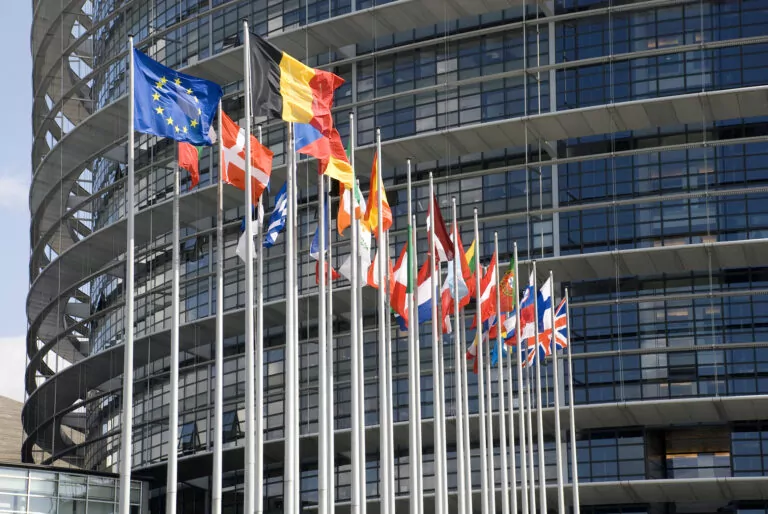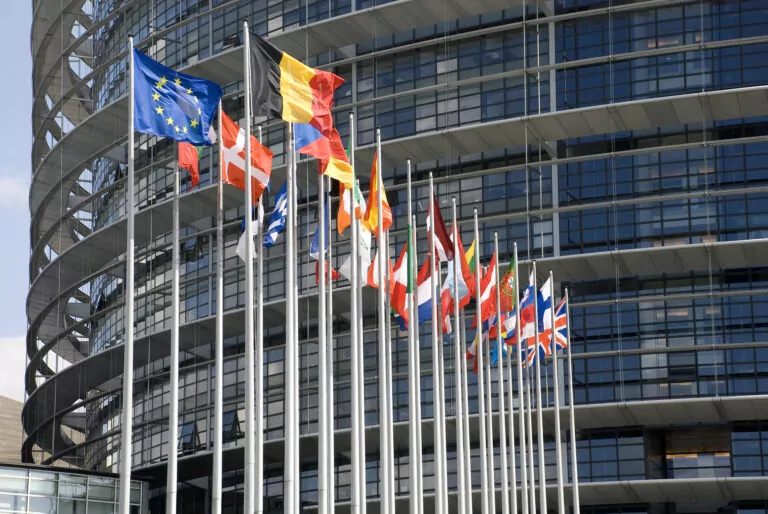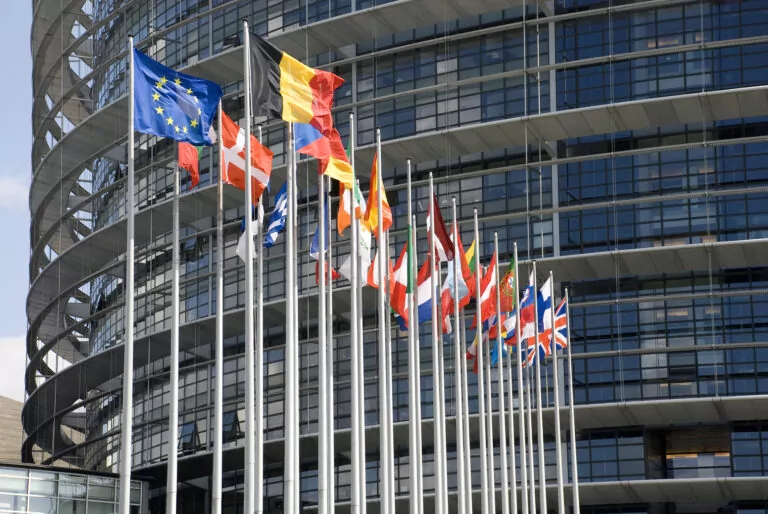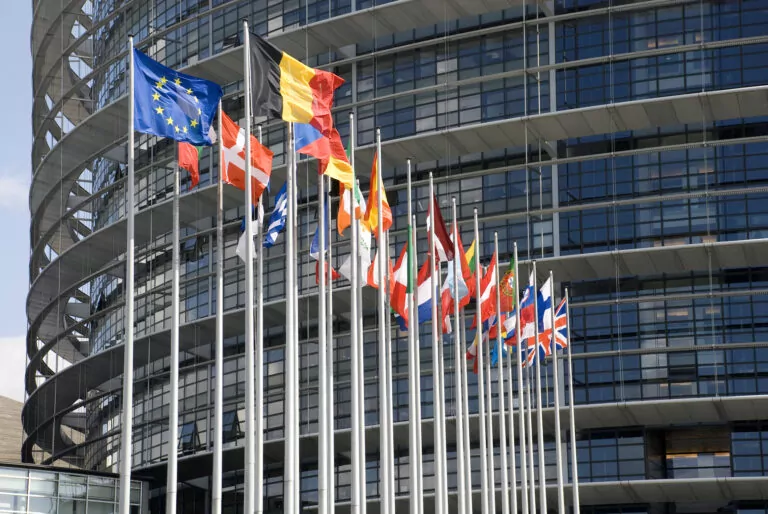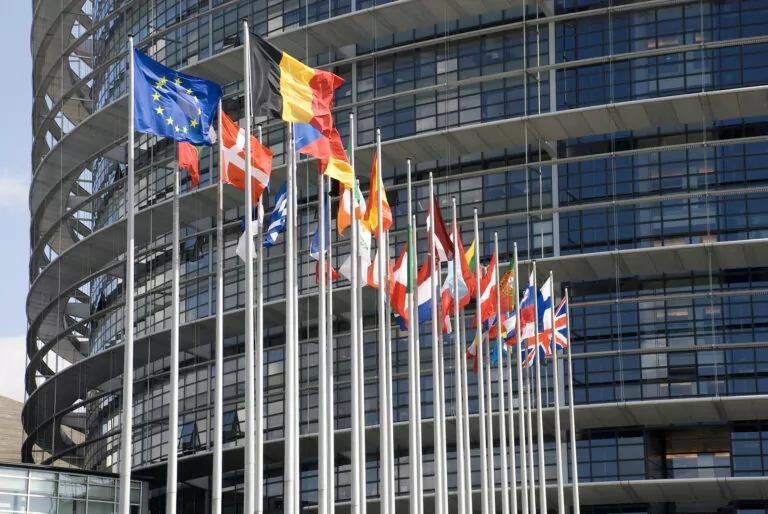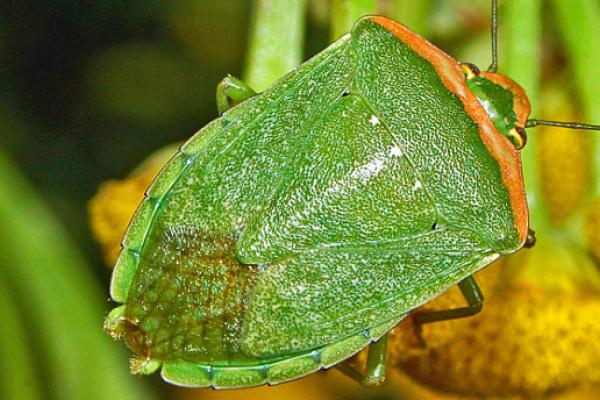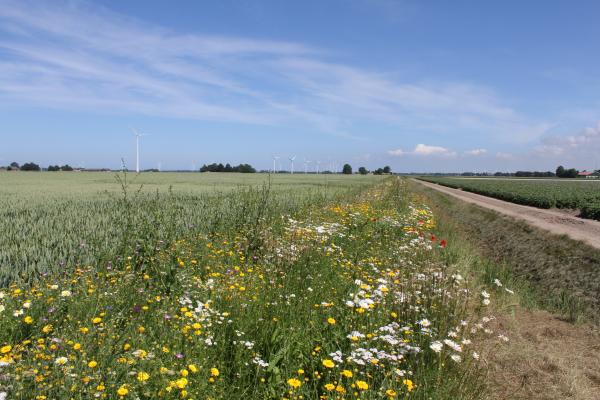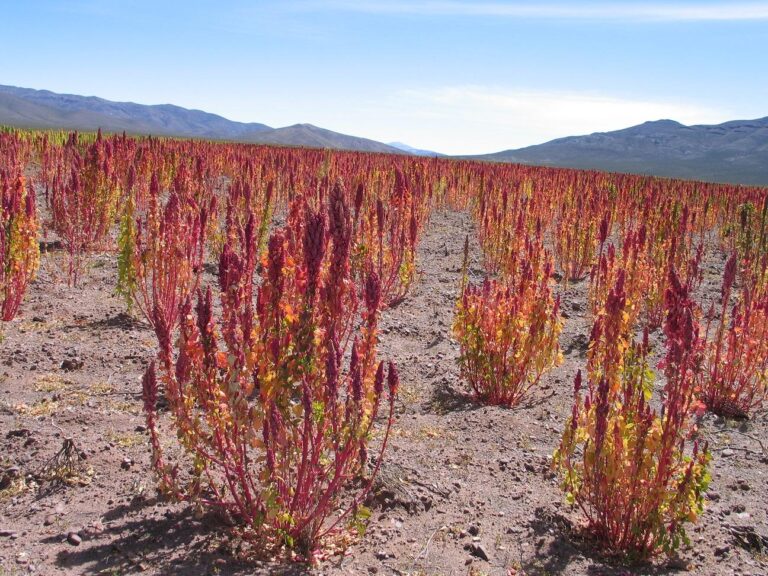Add to favorites:
Share:
Expected Outcome
Successful proposals should contribute to the objectives of the common agricultural policy, as well as to the European Green Deal’s objectives for resilient and sustainable agri-food systems, the EU biodiversity strategy for 2030 and support Regulation (EU) 2016/2031[1] on protective measures against pests of plants.
Successful proposals will deliver on the expected impacts of the destination by enabling farmers and relevant actors in the agricultural sector to manage sustainable, efficient, profitable, circular, low greenhouse gas-emitting farming systems contributing to climate-neutrality and climate-resilience.
Project results are expected to contribute to all of the following expected outcomes:
- cost-effective measures using a systems approach, implemented across the entire agri-value chain, are developed and tested, with a thorough assessment of their combined effects and interactions to ensure efficiency and sustainability;
- the capacity of farmers and actors in the agri-value chain to manage pest risks more effectively, in an environmentally friendly and fair manner, across various agricultural and trade contexts is strengthened through collaborative efforts, with particular attention to the challenges posed by climate change;
- scientific support, recommendations and policy advice are provided to enhance plant health policies, fostering international cooperation and strengthening global efforts to combat plant pests.
Scope
Plant health is critical for agriculture, forestry, ecosystems, and biodiversity on a global scale. However, maintaining healthy crops is becoming increasingly challenging due to climate change, biodiversity loss, globalisation, and international trade, which accelerate the spread of pests and diseases. These threats can severely harm crops, native plants, and the environment, jeopardising agricultural sustainability, biodiversity, and food security.
Effective plant health measures play a vital role in protecting sustainable agriculture and enhancing global food security, safeguarding the environment, forests, and biodiversity, and facilitating economic and trade development. A systems approach to plant health is a comprehensive pest risk management strategy that integrates different measures, at least two of which act independently, with cumulative effect and of high efficacy[[ International Standard for Phytosanitary Measures No. 14. The use of integrated measures in a systems approach for pest risk management [https://www.ippc.int/en/publications/607]]. The systems approach is designed to effectively meet phytosanitary import requirements, allowing for the consideration of measures and procedures that contribute to effective pest risk management throughout the entire value chain, from pre-planting and pre-harvest stages to harvest, post-harvest handling, transport, and distribution. By integrating multiple measures, this approach enhances the ability to manage pest risks comprehensively and sustainably, ensuring the health of plants and the safety of agricultural products across borders. Proposals should target one or more plant pests[2], providing a clear explanation and justification for the selected pest(s) in alignment with the proposal’s objectives and the topic’s expected outcomes.
Proposals should:
- develop innovative climate and environmental-friendly measures for a highly efficacious pest risk management to be implemented across the value chain to meet the phytosanitary requirements in a variety of socio-economic contexts;
- evaluate risk reduction, cost-effectiveness, scalability, and sustainability, of each proposed innovative measures;
- design and validate protocols targeting systems approaches, considering the whole value chain;
- assess the combined effect of all measures and their interactions across the value chain, including cost-effectiveness, scalability, and overall sustainability (economic, social and environmental aspects);
- support capacity building and training of the actors within the value chain, enabling the large-scale adoption of safe, innovative, cost-effective measures.
International cooperation is strongly encouraged. Results should benefit diverse farming systems/approaches, such as conventional and organic farming.
Proposals must implement the ‘multi-actor approach’ including a range of actors to ensure that knowledge and needs from various sectors such as research, plant health services, farming/forestry sectors, advisory services, and other relevant actors of the value chain are brought together. This topic should involve the effective contribution of social sciences and humanities (SSH) disciplines.
Proposals may provide financial support to third parties (FSTP) to, for instance, develop, test and demonstrate innovative measures. A maximum of 10% of the EU funding should be allocated to this purpose. Consortia need to define the selection process of organisations, for which financial support may be granted.
The possible participation of the JRC in the project could involve supporting the analysis to understand the acceptance and adoption of innovative measures across the value chain.
Proposals should ensure coherence and complementarities with ongoing relevant Horizon Europe projects and capitalise on existing relevant research findings and tools, included those developed under previous research projects.
The proposals should include a dedicated task in the workplan and appropriate resources to collaborate with the projects funded under this topic.
[1] https://eur-lex.europa.eu/legal-content/EN/TXT/?uri=CELEX:32016R2031
[2] A pest is defined here as any species, strain or biotype of plant, animal or pathogenic agent injurious to plants or plant products (EU legislation, Regulation 2016/2031)
Partner Requests
Explore Real Collaboration Opportunities
🔍 As a logged-in member, you now have exclusive access to all active Partner Requests for this Funding Call.
See who’s looking for collaborators, explore exciting project ideas, and discover how others are planning to make an impact.
💡 Use these insights to get inspired—or take the next step and start a request of your own (3 entries for free).
Log in or registrate here for free.
You must be logged in to submit or manage a partner request.
Ask our experts about this call
Connect with the Listing Owner!
💬 Please log in now to send a direct message to our experts and ask your questions. Not a member yet? Sign up for free and start connecting today!
Related Funding and Finance Opportunities
Unlock Exclusive Funding Opportunities!
🔑 Get instant access to tailored funding opportunities that perfectly match your needs. This powerful feature is exclusively available to our premium members—helping you save time, stay ahead of the competition, and secure the right funding faster.
Upgrade to Premium now and never miss an important opportunity again! Already a premium member? Log in here to explore your matches.
Related Innovation Offers
Related Knowledgebase Resources
Discover More with Premium: Related Knowledge Resources
🔒 You’re missing out on expert-curated knowledge specifically matched to this topic. As a Premium member, you gain exclusive access to in-depth articles, guides, and insights that help you make smarter decisions, faster.
Whether you’re preparing a funding proposal, researching a new market, or just need reliable information—our Premium knowledge matches save you hours of research and point you directly to what matters.
Upgrade to Premium now and instantly unlock relevant knowledge tailored to your needs! Already a member? Log in here to view your personalized content.
Access Restricted
This funding opportunity is only fully available to premium members.

